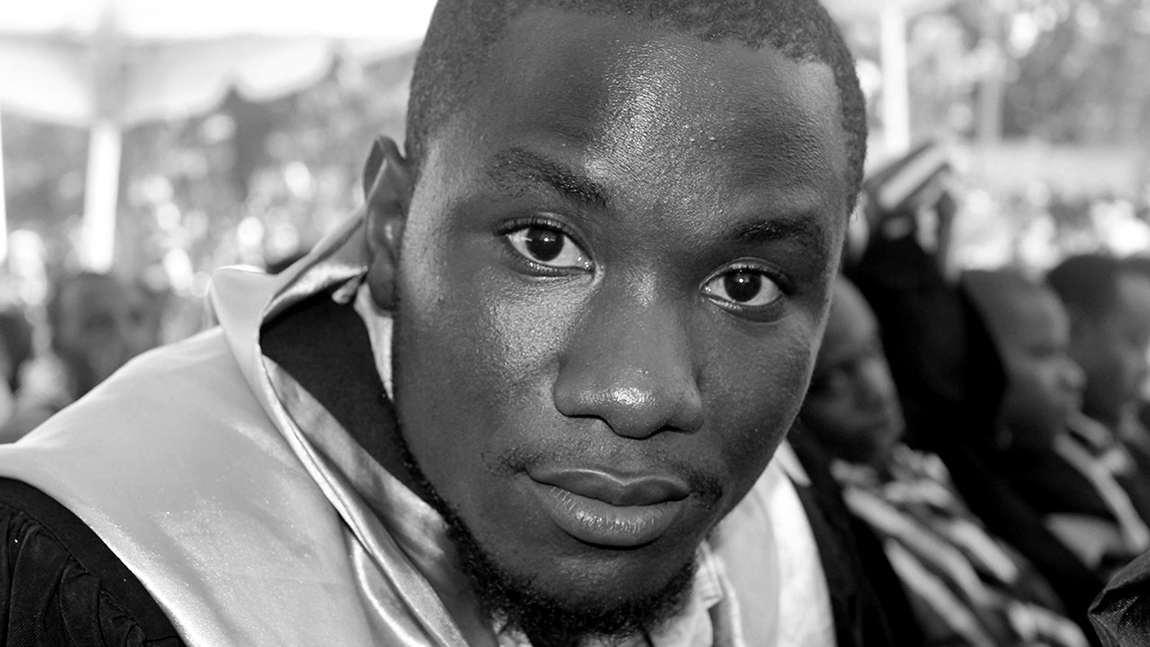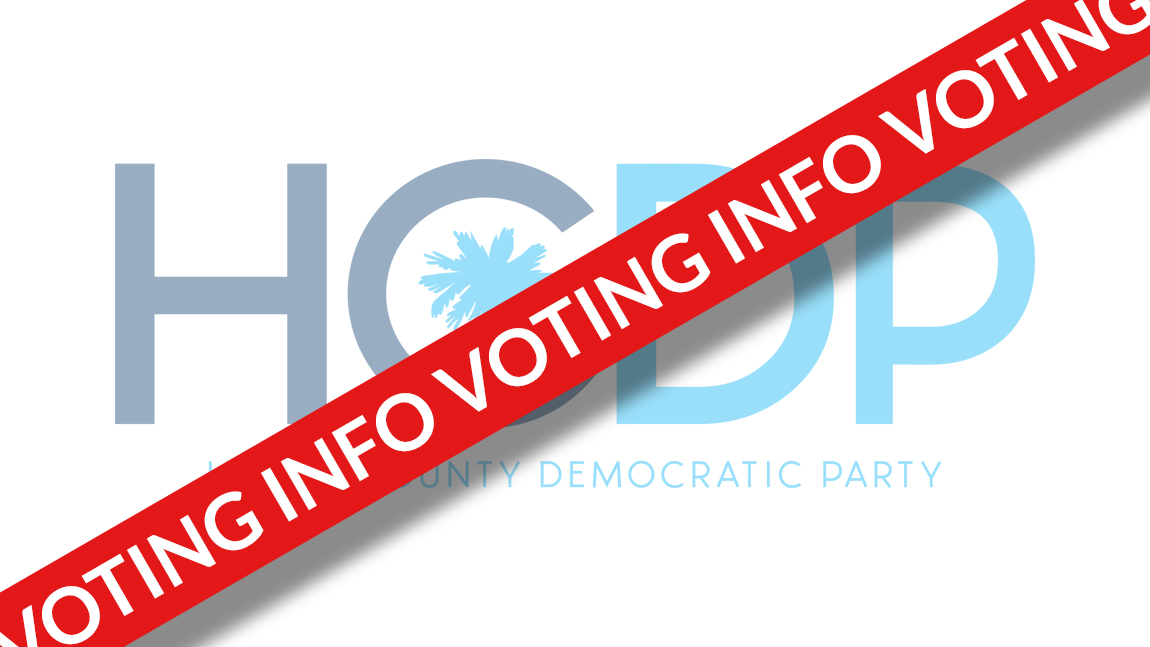By Dameion B. Fowler
Too many Horry County Black students are not receiving an adequate education from their teachers, and that must be corrected without delay, We can reach this conclusion based on a number of factors, including the scores on test that are meant to examine student knowledge of the subject matter taught in the classroom.
The test scores for the SCREADY and SCPASS exams for 2019 show a consistent trend in every grade tested of at least one-third of the Black students not meeting the requirements to pass the tests. Some scores show as many 40-51% of Black students not passing these tests.
For the 2018 End of Course Exams, we see among Black students tested:
- 66.9% scoring a ‘D’ (60-69) or ‘F’ (0-59) on the test for Algebra and a total mean score of 65%
- 66.5% scoring a ‘D’ (60-69) or ‘F’ (0-59) on the test for Biology and a total mean score of 64.1%
- 56.4% scoring a ‘D’ (60-69) or ‘F’ (0-59) on the test for English and a total mean score of 67.2%
- 68.1% scoring a ‘D’ (60-69) or ‘F’ (0-59) on the test for U.S. History and the Constitution and a total mean score of 64.1%
The total mean score (the average grade a specified group of students performed on a test) of Black students was consistently lower than students in other racial groups.
Some among us would like to conclude from these numbers that there is some inherent unwillingness or inability among Black children to learn. However, there is more than enough empirical and anecdotal evidence to refute this. The evidence reveals two things:
- Not only is this not true, but Black children enjoy what pioneering child psychologist Dr. Amos N. Wilson called a “natural head start” in sensory-motor and intellectual development. (Awakening the Natural Genius of Black Children by Dr. Amos Wilson)
- Case study after case study shows that when Black children are taught from a pedagogical standpoint reflecting their cultural/ historical development, they not only match, but outmatch, their white peers on standardized tests and intellectual ability in and out of the classroom. (Young, Gifted, and Black: Promoting High Achievement Among African-American Children – “No Mystery: Closing the Achievement Gap Between Africans and Excellence” by Dr. Asa Hilliard, Pgs. 131-165)
So, the issue for Horry County Schools is not the unwillingness or inability of the majority of Black students to learn, but rather a lack of understanding the cultural and social factors regarding pedagogy and curriculum.
To buffer this point, the Sanders and Rivers study (1996) at the Tennessee Value Added Research and Assessment Center shows that if a student has competent math teachers for third, fourth, and fifth grade, they will maintain high performance in mathematics throughout the rest of their matriculation through school.
Conversely, if a student goes through those grades with incompetent teachers, that student will continue having problems with math, regardless of the competence of future teachers.
Moreover, research by the School of Culture, Education, and Human Development at New York University that shows that teachers underestimate the intelligence of students of color and shows the harmful effects that underestimation can have on children in schools.
In addition, a study from the American Educational Research Association in 2016 revealed that when Black students are taught in a way that helps them embrace their racial and cultural identity, they have improved educational outcomes and higher academic achievement:
There is also a substantial and growing body of research demonstrating that a strong Black identity is linked to improved educational outcomes and higher academic achievement, which states:
“Black youth with a strong, positive racial identity place more importance on academic goals and career aspirations, are more likely to embrace education as a means of “getting ahead”, demonstrate greater enjoyment of and effort expended in the service of academic goals, and demonstrate higher levels of performance in academic settings as measured by grades, academic self-efficacy, and test scores.
“They were also more likely to pursue higher education and show increased investment in academic achievement over time. Again, the opposite is also true: We see poorer educational outcomes when Black youth have a weak or negative racial identity.”
So, it becomes quite clear that we must embrace pedagogical standards that reflect the culture, folkways, norms, mores, and lived experiences of children of all socio-cultural and racial backgrounds.
The failure of any child in the classroom is a failure of teachers and administrators all the way up to the district level. The percentage of our Black children failing is completely unacceptable and serves as a visceral example of the failure of HCS to adequately educate all her children.
We must demand that the failure of educational leaders be corrected as quickly and thoroughly as possible. The legitimacy of HCS depends on it.





